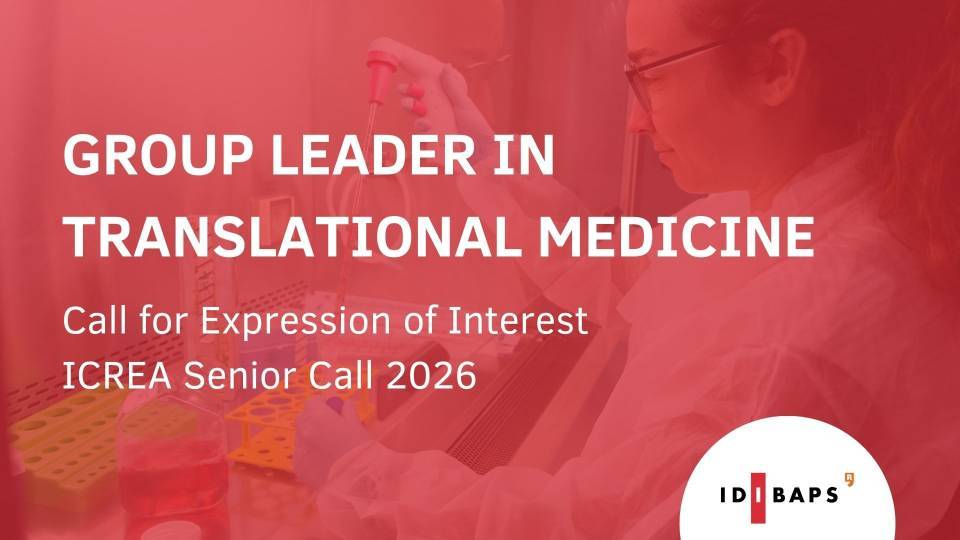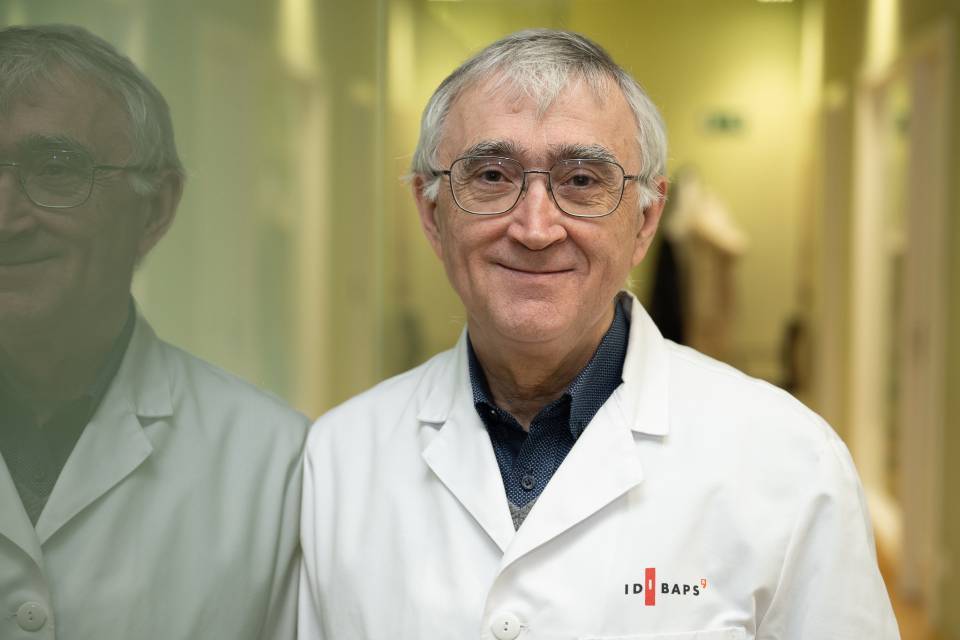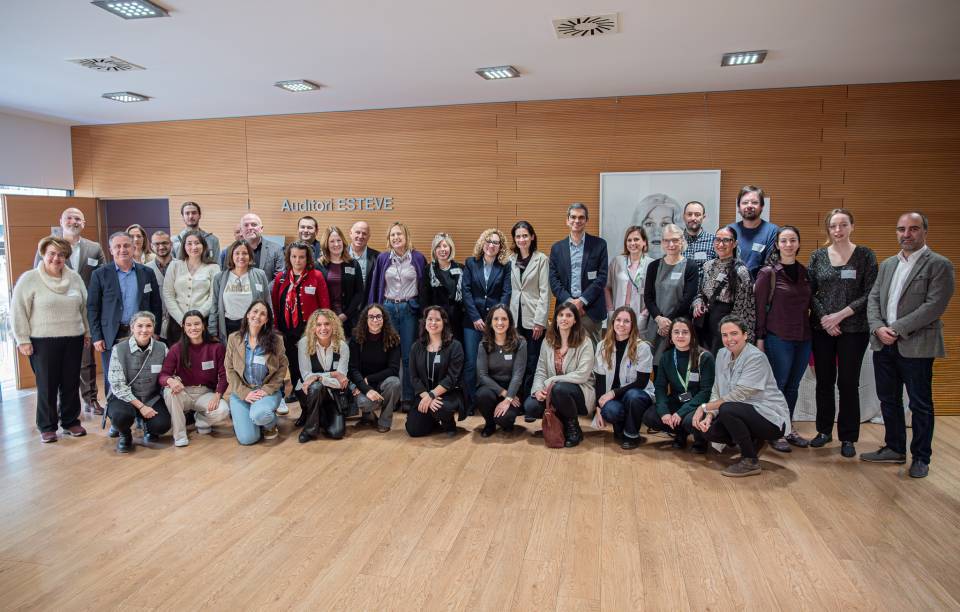Josep M. Llovet, chair of Hepatic Medicine and Oncology at UB, ICREA professor at IDIBAPS, where he directs the Translational research group on hepatic oncology, and director of the Liver Cancer Program at the Icahn School of Medicine at Mount Sinai, New York, coordinated the study. Florian Castet, a researcher from the same group and recipient of an AECC grant, also took part in the study.
Liver cancer is the 7th most common tumor and the 2nd most common cause of death from cancer in the world. Its incidence is expected to exceed a million new cases every year by 2025. Hepatocellular carcinoma is the most common type of liver cancer and may be of viral origin, secondary to infection with the hepatitis B or C virus, or nonviral, due to alcohol abuse or as a result of fatty liver disease linked to diabetes and obesity (NASH). Approximately half of patients with this disease receive systemic treatments. These include drugs known as “checkpoint inhibitors”, which act on certain molecules in the tumors and immune cells to potentiate the activity of the immune system and eliminate the tumor cells; of these, immunotherapy with atezolizumab plus bevacizumab is currently the most efficacious treatment.
In this study, the researchers thoroughly analyzed data from more than 10,000 studies carried out between 2002 and 2020 and found 49 high quality phase-III trials in which more than 22,000 patients took part. "Only 9 of these clinical trials were positive, and currently, 6 of the treatments are approved by the regulatory bodies for treating this disease“, notes Florian Castet.
To determine whether the etiology (viral or nonviral origin) has any effect on the efficacy of the systemic treatment, the authors analyzed the results of 8 phase-III trials with more than 3,700 patients enrolled and examined the effect of immunotherapy and other molecular therapies in the setting of a phase-III trial. The meta-analysis carried out by the authors concluded that treatment with immune checkpoint inhibitors is more effective in cases of liver cancer with a viral origin than with a nonviral origin. No differences in efficacy based on the etiology, however, were found when molecular therapies were analyzed. "These data show that immunotherapy may be less effective in liver cancer of nonviral origin in comparison to liver cancer of viral origin" explained Josep M. Llovet, who added that "the origin of the tumor should be taken into account when designing future clinical trials in hepatocellular carcinoma".
This study confirms one of the latest advances achieved by the research group and published in the journal Nature, where they found that dysfunctional immune T cells in liver cancer secondary to NASH limit the efficacy of immunologic therapies.
Article reference:
Evidence-Based Management of Hepatocellular Carcinoma: Systematic Review and Meta-analysis of Randomized Controlled Trials (2002-2020)
Haber PK, Puigvehí M, Castet F, Lourdusamy V, Montal R, Tabrizian P, Buckstein M, Kim E, Villanueva A, Schwartz M, Llovet JM.
Gastroenterology. 2021 Sep;161(3):879-898. doi: 10.1053/j.gastro.2021.06.008.




